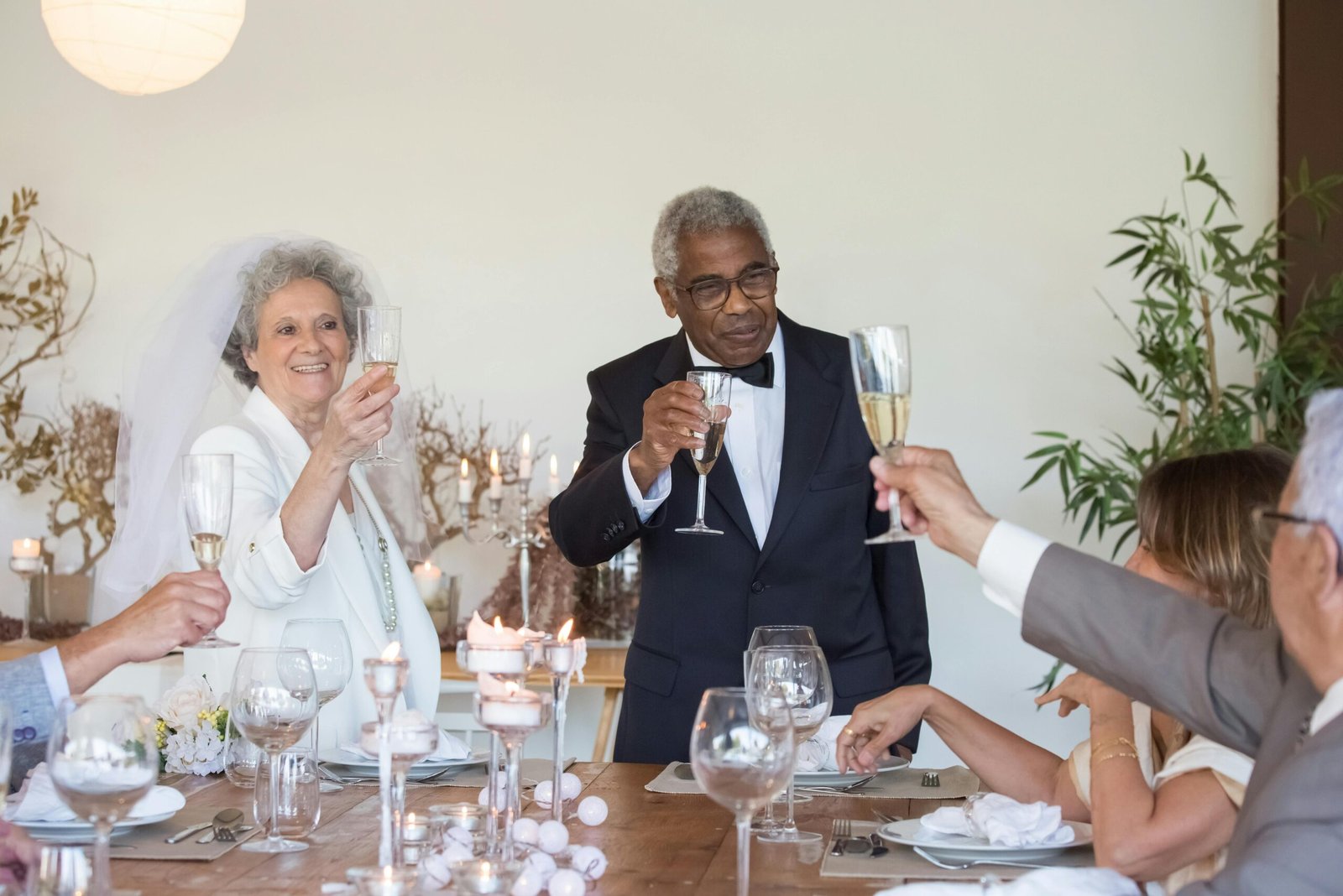Photo Credit ( Greety Image )
Retired election consultant Rochelle Ventura claims that she felt “like a domestic slave” when she married at the age of 22. She adds, “We’re equals,” and she lives with Phil Doppelt, an 82-year-old retired software engineer. I began by clarifying that I wasn’t in charge of organizing dinner every night.
They keep their money apart and split their time between his house in San Jose and hers in Los Angeles. They had been happy and in love together for over ten years without getting married. She claims, “I felt like I wasn’t my own person in my marriage.” “I felt trapped.” I can go now if I want to. But I can’t see myself wanting to leave Phil.
Doppelt and Ventura are benefiting from a demographic and socioeconomic trend. The social environment for elderly couples has changed dramatically during the past 20 years: According to Susan L. Brown, a sociologist at Bowling Green, “Older adults are at the forefront of family change.” According to her, divorce rates among those over 50 doubled between 1990 and 2010 and are still at all-time highs. There are more older singles as a result.
These couples differ from one another in more ways than one. According to early research by sociologist Deborah Carr of Boston University, elder repartnered couples are more likely to be gender role free, more independent as people, and more equal financially. “Whether they are cohabiting or remarried, the same seems to be true,” Carr adds. LATs have not been investigated by Carr. However, living separate from one another is fundamentally based on equality and autonomy.
According to Carr, shifting societal perceptions also play a role. Cohabitation was once considered as inferior to marriage or as “living in sin.” Many older folks don’t care, despite the fact that some still disapprove. A common mindset: I’ll do whatever the devil I want since I’m sixty.
The things these couples aren’t doing together—raising kids or amassing wealth—are what truly set them apart. Despite being married, many people keep their money separate. Tammy A. Weber, a qualified elder law attorney in Pennsylvania, claims that more than 75% of her clients fall into that category. The majority wish to leave their riches to their children. Some people wish to keep their previous spouse’s alimony or Social Security benefits. However, they keep their money apart for reasons other than financial consequences.
For instance, Maryan Jaross, 68, of Louisville, Colorado, a financial planner, claims that she gained “independence and autonomy” and a prosperous profession after her divorce. “I really didn’t want to part with it. Even if I own a hundred pairs of shoes, I can still purchase one. Tom Lepak, 65, who works in sales for an industrial construction company, and she lead a happy life together. She has created a legal barrier between their finances for this and other reasons.
Like Jaross, there are plenty of monetarily independent women who are capable and committed to having equal relationships. Lepak does the laundry and cleanup, but she enjoys cooking. He enjoys working in the yard and making the bed. They employ individuals to perform tasks that neither of them wants to do. She claims, “That we don’t have children underfoot and obligations is huge.” “Being in a relationship now requires a different mindset.”
When they travel, visit family, or see friends, partners like these don’t feel obligated to act as a cohesive unit. For instance, Jaross and Lepak see some of their kids together and some apart. She will spend a month visiting her elderly mother in New York, while he will spend a week with his brother in the East. Like Doppelt and Ventura, they occasionally take separate trips. Doppelt will be trekking in South Dakota this fall with five other men, while Ventura travels to Cuba with female friends. He informed me, “I think it’s okay to travel separately.” “I doubt I would have experienced that in my previous marriage.
The least conventional and most independent couples are those that live in their own homes and plan to do so for the rest of their lives. Living apart enables them to avoid potential disputes over all of the routines, requirements, and individuals they have accumulated over the years. She sleeps late and he gets up early? No issue. She is unhappy unless the temperature is 75°, whereas he requires it around 65°. Not a problem. Do her grandchildren frequently run amok around the house? It’s her house, you know. Many need their privacy and space because they have lived alone for years.
